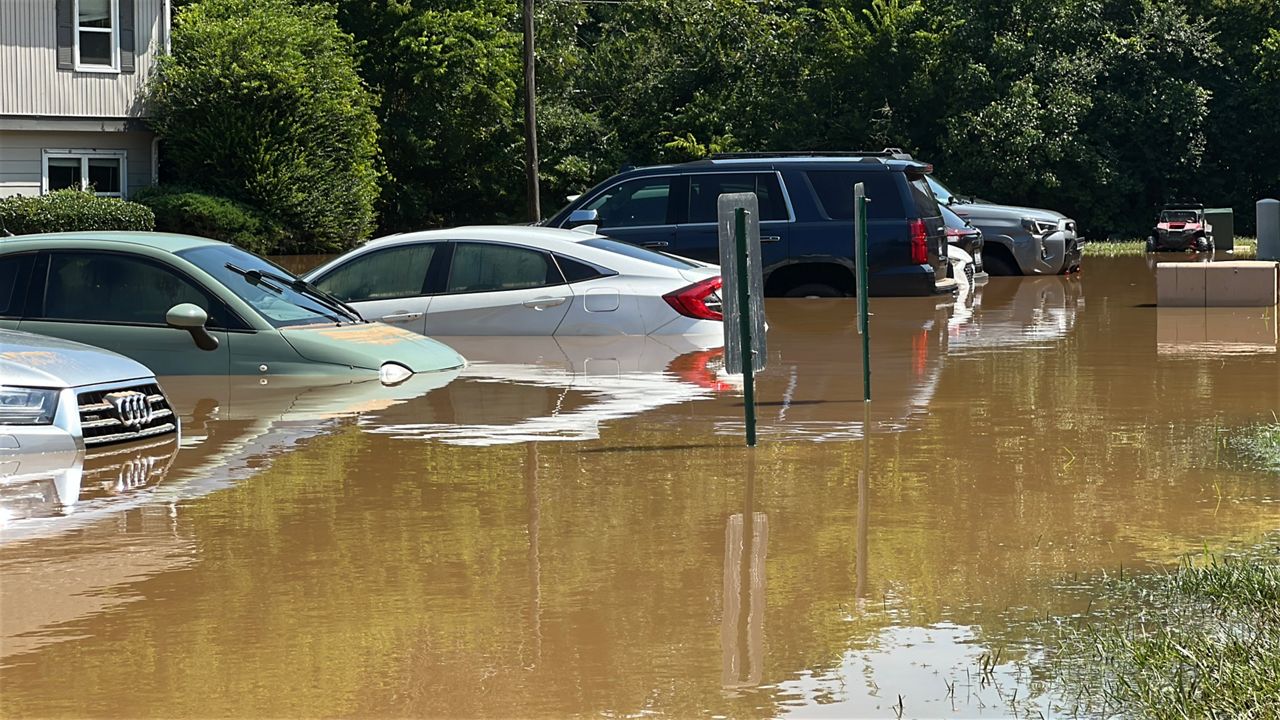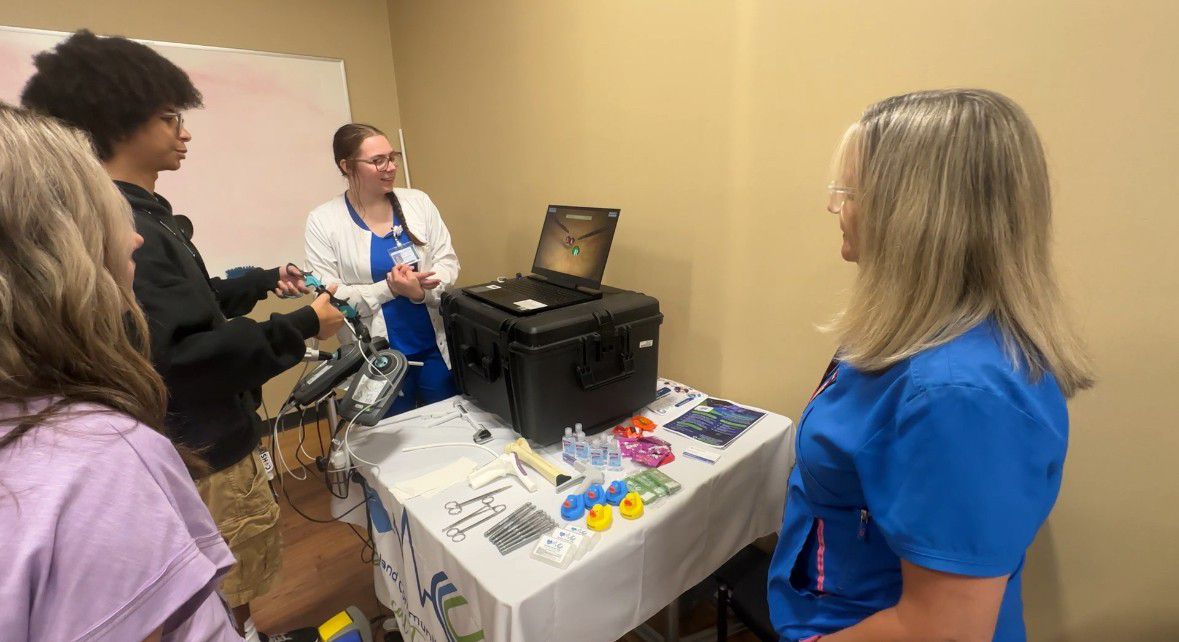CHARLOTTE, N.C. — The tight job market has been affecting many industries across the country, but one field in particular has taken a hit in the past year. In 2022 the U.S. Army fell 15,000 short of its enlistment goal of 60,000, citing the pandemic as a cause after it cut down access to schools and events.
Now the U.S. Army is looking to recent college graduates and individuals entering the workforce to bring in a new demographic of soldiers.
Lt. Carlos Chavez is currently stationed in Italy, working as an ordnance officer but calls North Carolina home. He is the exact candidate the U.S. Army has in mind when approaching new recruiting efforts. But just a year ago, Chavez’ life outside of the military looked completely different.
“A year ago, I was working as a quality assurance engineer for Honeywell Aerospace, working with some of our bigger customers on some of our jet engines,” Chavez said.
As a first-generation college student, Chavez had no doubt about his career path. He received a mechanical engineering degree from the UNC Charlotte and worked for three Fortune 500 companies after graduating.
“Originally, my plans were to graduate college, get a nice engineering job and kind of just settle down, maybe buy a home, start a family. It’s pretty much just about as far as my planning really went,” Chavez said.
Chavez had a career plan until he came across the U.S. Army.
“As a first-generation student, I think what I lacked was the experience or the expectation of what came next after college. So I think whenever I got out there to industry, I was a little bit shocked that it wasn't as glamorous as it made it seem,” Chavez said.
Chavez then worked with recruiters to get enlisted after he realized that the military could grant his family a path to citizenship that his company could not offer.
“It was something that I felt that I could definitely do for my family, especially with it being such a short time commitment and my job fully supporting it, essentially holding my spot for up to five years if I wanted to go back to aerospace,” Chavez said.
Chavez was also drawn to the Army because of the officer candidate school the branch offered to individuals coming from a similar background.
“The Army seemed like the most attractive branch to me, I researched that the officer candidate school was a program that was available for people who had already graduated college, and maybe had some professional work experience and we're looking at joining the Army as an officer,” Chavez said.
Lieutenant Chavez is now completing a three year contract in the U.S. Army and is the exact candidate the Army has in mind as it efforts new recruiting methods. Believing that individuals with backgrounds like him could have an advantage.
“I think that if you were to compare myself a year ago on who I was working at an industry as an aerospace engineer versus me now and the aerospace experience and having the Army experience, I feel like I would run laps around the old me,” Chavez said.
Aside from implementing new recruiting roles and strategies, the U.S. Army has also set a goal to have at least a third of its newest soldiers to have more than a high school degree by 2028.








